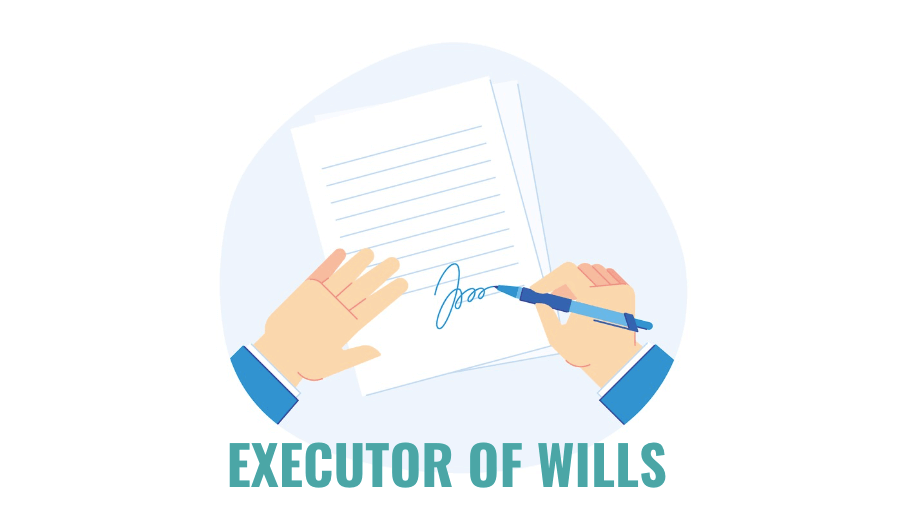There are three critical dates that are written into all real estate contracts: Completion, Possession and Adjustment dates. Although they can sometimes be the same date, there are critical differences between them all.
Completion
The Completion date is the day on which the real estate transaction is legally registered at the Land Title Office (LTO). Completion must always be a week-day. In a sale/purchase transaction, it is the date on which the legal title transfers from the seller to the buyer. If the transaction involves a mortgage, it is also the date on which the mortgage is registered and the lender provides funding to the Notary Public to distribute in accordance with the approved documentation (statements of adjustments or order to pay).
Note: the Notary who acts for the buyer/borrower is responsible to register the documents at LTO and to“make sale proceeds available” to the seller’s legal office—most commonly by way of trust cheque. The seller’s legal office is responsible to pick up (send a courier) the funds and subsequently deposit monies into their own trust account, payout all applicable seller expenses (mortgage, outstanding property taxes, etc.) and provide the seller with his sale proceeds. As a result, a seller should expect to receive his sale proceeds the next business day after completion. (Note: A sale Completion on a Friday means the seller may not have his money until Monday).
Possession
The Possession date is the date (including a specified time) that the buyer gets keys to his new home!
For sellers, this means that this is the time before which you must have moved out all your furniture, met cleaning obligations and handed the keys over to your realtor, the Listing Agent, so that he can pass the keys along to the buyer’s realtor, the Selling Agent, who will pass the keys to her client, the buyer.
Tip 1: It is best practice for the contract to give an exact Possession time so that all parties can make plans for movers and the buyer can be certain that the house is vacant when he is ready to move in.
Tip 2: It is best practice for the Possession date to be at least one day after Completion.
Note: if the Possession date and time are set on Completion day, (ie: Possession is at noon on Completion date) the buyer may end up getting keys before the registration has happened and money is paid, which inevitably upsets the seller, who doesn’t have his money yet, but has already given up possession of his property). Conversely, if the contract states Possession is “upon registration” that means that the buyer may have the keys as soon as the legal registration is completed (on Completion day). This often causes aggravation for the buyer, who is not given a concrete time and, as a result, the buyer could be left waiting all day (with loaded moving trucks and movers he is paying by the hour) until registration is complete, since the buyer’s Notary / Lawyer has no control over the time of registration on Completion day.
Adjustment
The Adjustment date is the day from which the buyer takes over responsibility from the seller for costs associated with the property. The Adjustment date is commonly the same as the Possession date.
Tip 3: The Notary/ Lawyer will pro-rate monthly costs like strata fees and rent, as well as annual costs like property taxes, and will make these cost adjustments on the statements for both the seller and buyer, prior to Completion.
2+ Real Estate Conveyances
So what is the optimal arrangement of dates for someone who is selling and buying at the same time?
Let’s use an example: Kelsey is selling the townhouse she lives in and is purchasing a detached house to move into.
Completions:
Kelsey will want to make sure that the Completion for her townhouse is at least one date before the Completion of her house. This ensures enough time for Kelsey’s Notary to get her sale proceeds and use them to complete her purchase.
Note: Kelsey should not set her townhouse sale and her house purchase Completions for the same date; this type of arrangement is called a “Same Day Completion” and is not recommended due to the difficult and often unrealistic time constraints that it imposes. (Recall that money moves “the old-fashioned way” with couriers; often a seller does not obtain their sale proceeds until the business day after Completion. Kelsey will need her sale proceeds before she can buy her house, so if she commits to Same Day Completions for both her townhouse and house, she may find herself in a position where she cannot actually complete the purchase of her house on time, which would put her in breach of contract and leave her open to a potential lawsuit).
Possessions:
In order to make Kelsey’s life easier with moving logistics, she should try to make her townhouse Possession date and time AFTER her house Possession date and time. This overlap means that Kelsey will have access to both the townhouse and the house for a period of time, so that she doesn’t have to stress about completing her move and cleaning all in one day.
Adjustments:
Kelsey’s townhouse Adjustment date should either be the same as her townhouse Completion date or Possession date. Kelsey’s house Adjustment date should be the same as her house Completion date or Adjustment date.
Conclusion
Lining up dates can be tricky. Your Realtor should be able to help you, but if you have any questions, you can always give us a call!







